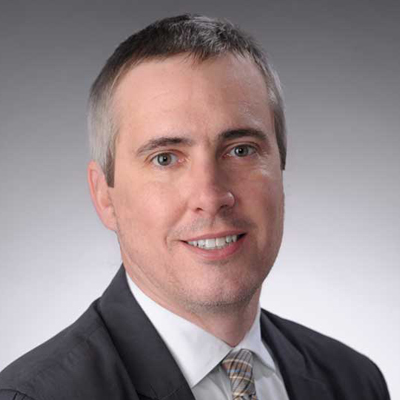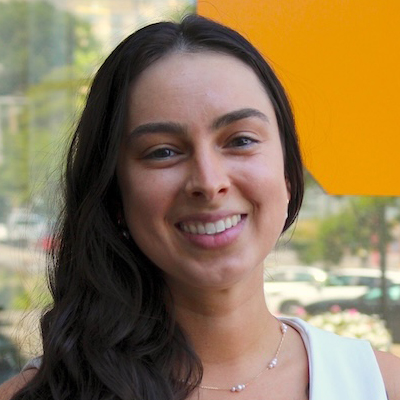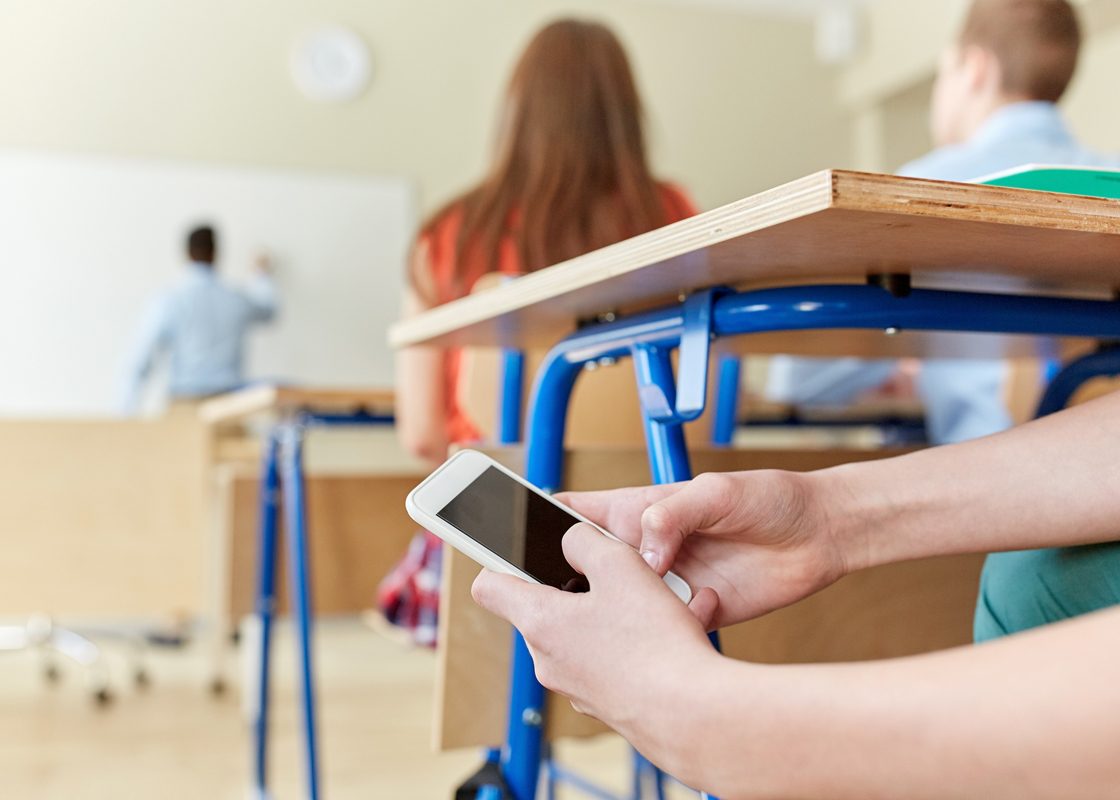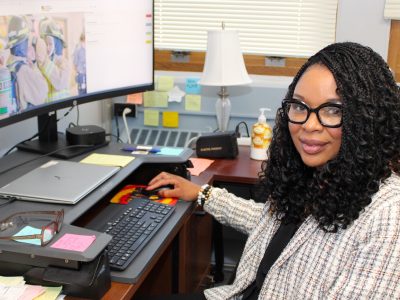Faculty Experts Debate the Benefits of Banning Cell Phones in Schools
The number of school districts considering banning cell phones during the school day is on the rise nationwide.
At least eight states have banned smartphones in public school classrooms, while in New York, a proposed “bell-to-bell” is going to the State Legislature for a full vote. Additionally, 27 other states have proposed a ban on student smartphone usage, while other states are exploring a variety of ways to limit cell phone usage.
Proponents argue that students need to have their undivided attention focused on classroom lessons; parents feel strongly about being able to contact their child in an emergency.

Matthew Mulvaney, associate professor and department chair of human development and family science in the Falk College of Sport and Human Dynamics, looks at the impact of cell phone use on children as a researcher and also has firsthand knowledge as the parent of a 14-year-old.
“I’ve always been interested in this field and this research of looking at mobile technology and how it might impact kids, especially now with my daughter being immersed in the world of cell phones and social media,” says Mulvaney, a parenting researcher whose focus is on how parents and families support optimal child development.

Sabrina Butler, an assistant teaching professor in the counseling and human services department in the School of Education and a licensed mental health counselor, looks at process addictions (including cell phone usage) in children and adolescents and recognizing when behaviors become problematic.
Butler sees both sides of the debate and suggests ways to find the balance.
“Parents have a legitimate concern about the safety of their child, and it would be difficult to enforce no cell phones in schools,” says Butler, whose research focuses primarily on process addictions in children and adolescents. “Plus, a lot of kids use tablets or Chromebooks in the classroom. We can’t just take technology completely out of the classroom. How do we ensure they’re not distracted by social media or games while they’re supposed to be learning?”
Mulvaney and Butler sat down with SU News to discuss cell phone bans and limits in schools and what steps can be taken to help children liberate themselves from their phones.
What are your thoughts on limiting the use of cell phones in school and the impact of cell phone use on adolescent development?
Sabrina Butler: Coming from a harm reduction lens, we want to put limits and boundaries on cell phone usage. And while there isn’t research that necessarily supports that cell phone usage is causing depression and anxiety, what we do know is that our cell phones are like other addictions out there. If you have individuals that are already experiencing anxiety, depression or self-esteem issues, being on your phone and on social media is going to exacerbate that.
Matthew Mulvaney: Kids functioned for a very long time in schools without cell phones. More people are starting to be concerned about cell phone use. Parents see the changes their kids are going through and they want them to not be so tied up with their phones.
There’s a psychologist, Jean Twenge, who published a book in 2017 that showed the impact of cell phone usage and social media on this generation. Around the age of 11, 12 or 13, children, particularly girls, experience this mental health cliff where their well-being drops off suddenly, and how much time they spend on their phones and on social media is closely correlated and negatively associated with their mental health.
How is being on your cell phone a process addiction?
Butler: Process addictions hack and utilize the same brain mechanisms as other addictions, like nicotine. With cell phones and social media, we’re pairing these positive emotions with external stimuli, which is the behavior. That’s where it can become problematic, wiring those two things [phones and social media] together that make me feel good or less stressed. It’s that feeling that we’re getting addicted to and we’re associating with that behavior.
How young is too young for a child to get a cell phone? To be active on social media?
Mulvaney: The later you can wait, the better. Kids will say not having one cuts them off from their social networks and that all their friends have phones, but there are few developmental benefits to having one early on. As for social media, researcher Jonathan Haidt studies the impact of social media on adolescent mental health, and he suggests 16 for starting off on social media.
What can we do to help alleviate the addictive impact of cell phones?
Mulvaney: I see a lot of parallels with cigarette smoking. Smoking was commonplace when I was growing up, but smoking cigarettes has basically gone away from the adolescent experience because of how bad it was for our kids. It took a collective understanding, a collective will to say, “we’re not going to have spaces for kids to smoke.”
I think schools will adopt a phone-free policy from 8 a.m. to 4 p.m. and that will have a significant impact on changing the expectations of being on your phone all the time. If we come to this shared understanding that being on your phone all the time is really bad, we can make changes in the same way we did with smoking.
Butler: It goes back to limits and an age barrier. Some parents take away phones at night because they don’t want their child up all night on their phone. Others turn off the Wi-Fi after a certain point. Those parental control measures are really helpful because they lead into how we monitor usage among children.
We need to get back to engaging with each other, having family dinner without looking at our phones. Getting children active through activities and sports are great because they get kids out playing, interacting and connecting with their peers.
To request interviews, contact:
Chris Munoz
Media Relations Specialist
cjmunoz@syr.edu



